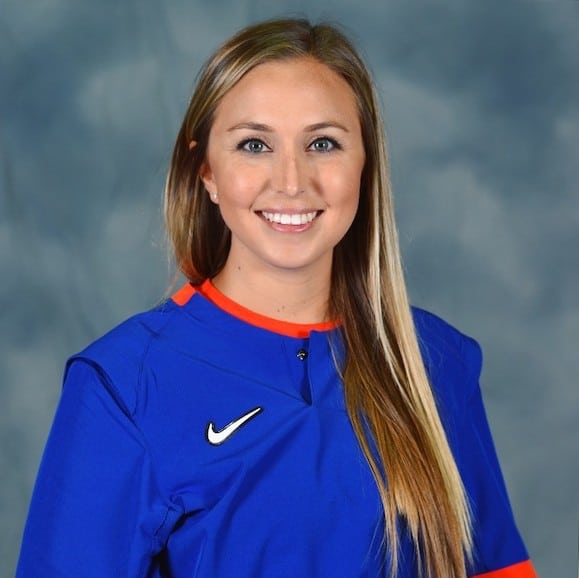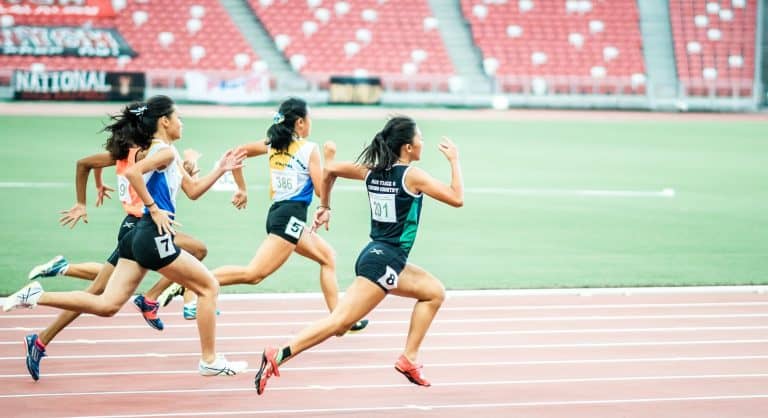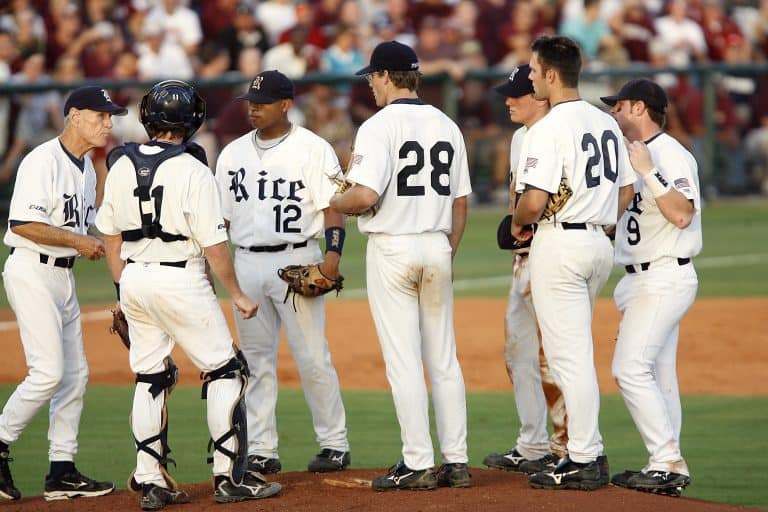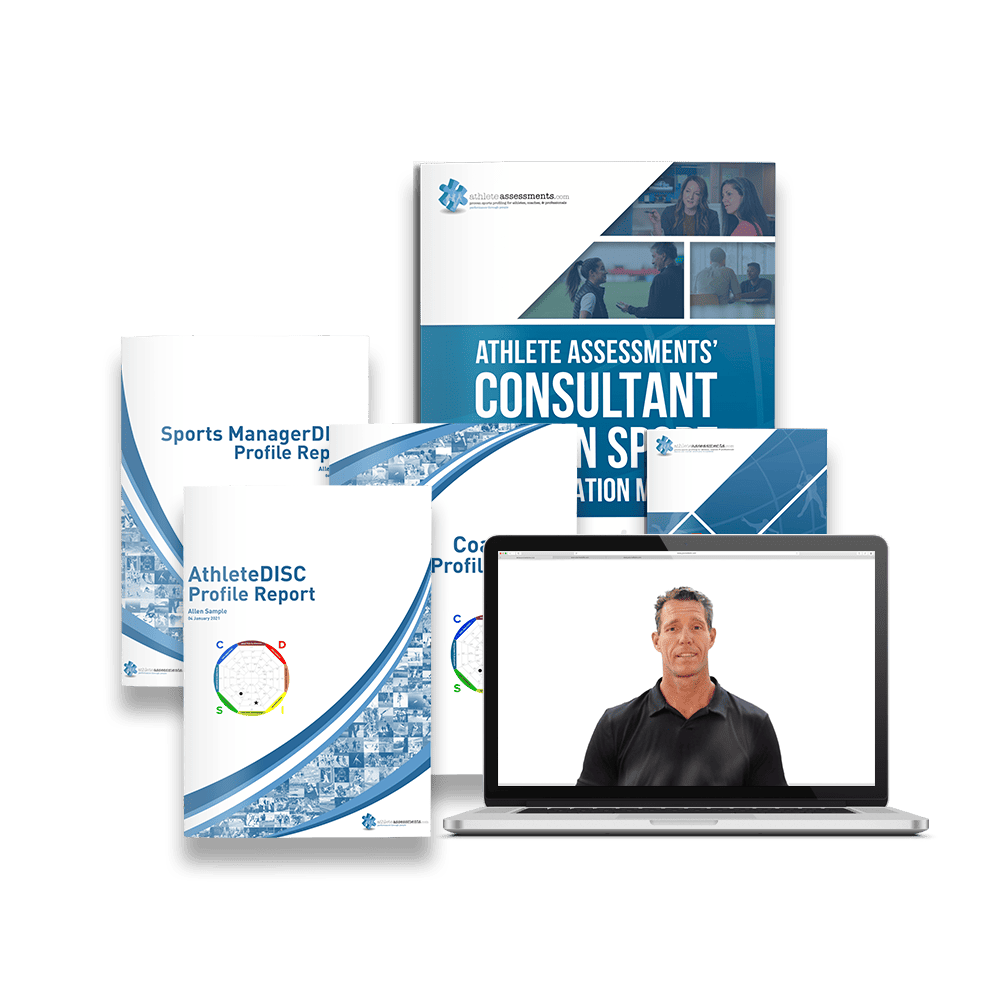Physical recovery from sport and its often-grueling demands, has dominated our thinking for a long time. But how do we prepare for and aid in our mental preparations and recovery from the way we have to be to perform at our best in sport?
Nobody understands the potential toll of a season better than the New York Mets’ former Mental Performance Coordinator, Samantha Gilmore*. A regular season in professional baseball has an average of 185 days and sees teams play 162 nine-inning games within this. Prior to the 185-day season commencing, athletes undergo month-long spring training during which they are trying to make the various teams within a baseball organization. So, with only 23 out of more than 200 days competition or training-free, having someone like Samantha who understands the need for and the how-to of effective preparation and recovery is vital.
Reflecting on her time at the Mets, Samantha described a typical game day for minor league players and staff. Usually starting around one o’clock in the afternoon with athletes, coaches, and support staff arriving to the field, having lunch together, and talking about the previous night’s game and the current day’s plan. Then it’s onto practice, where dependent on the players’ roles, they are either out on the mound, in the cages for batting practice, or working in defensive drills. Then it’s game time preparations— showering, gearing up, fueling, and of course mental and physical pre-game routines specific to each player. The nine-inning game would start around 6:30 PM lasting anywhere from two and a half to four hours.
Samantha added,
“Sometimes it would feel like Groundhog Day because we do play almost every single day with teams following very specific preparation and recovery routines!”
Similar to the physical stress we put our bodies under during practice and competition, the mental adaptations and adjustments athletes have to make to effectively navigate situations outside their comfort zone, or do things a little differently to bring out the best in their self and their teammates, can cause just as much fatigue in the wear and tear of game day.
Athletes often know a lot about physical preparation and recovery, being told what they can do from a physical perspective but Samantha questions,
“What does our mental preparations and recovery look like? What do we do on days off or in our time away from the field? How are we moving back to our natural, preferred behavioral styles or state when we can? From the competitor to the person.”
Samantha explained how the Mets prioritized the process of preparing players for their career to come, equipping them with the mental skills they’d need for their individual recovery, along with the ability to communicate more effectively with other players, coaches, and sports professionals. She detailed how her mental performance team was systematic about enabling this self-awareness, especially in the younger players to ensure a greater understanding of which situations they will thrive in, what motivates them, how they are likely to behave under stress or pressure, and moreover how they might find certain behavioral adaptions beneficial to their development and careers. To do this they would have every player in the minor league system take Athlete Assessments’ AthleteDISC Profile.
The AthleteDISC Profile effectively allows players to take more responsibility for the trajectory of their experience within the organization, by first understanding themselves as individuals. For example, understanding the game of baseball is one thing (tactics, mechanics, plays, etc.) while understanding physical and mental development along with the business side of professional sports is another. Samantha explained,
“The most important aspects of DISC are the education around self-awareness and communication with others. What are your strengths? Are you bringing those to the table everyday? What are the behaviors that you aren’t so proud of and what do they look like? Can you adapt those to meet the needs of the situation? It’s really just diving deeper into understanding who you are and being better able to engage with others. Athlete Assessments’ DISC Profiles are the foundation for getting the best out of people.”
For the Mets, recovery was as equally as important as preparation. Samantha spent time with players in both areas, highlighting the importance of the players building good recovery strategies to effectively manage their demanding schedule and high frequency of people interaction.
She added,
“Once we get to game 100 how have we protected not only our physical health, but our mental health? DISC provides you with a different perspective and almost allows you to approach the world with open eyes and open arms a little bit easier.”
Once a player had taken their individual AthleteDISC Profile, Samantha would hold a one-on-one debrief with them where they can ask questions, learn how to apply, and make the most of their particular behavioral style. Samantha explained that a big part of her individual debriefs was to also make sure the players have a very clear path to their goals so they can bring them to the forefront in every situation.
Before coaching players to use their self-knowledge to benefit performance, Samantha explained the first step was to get them to understand their natural style and the type of behaviors they will go to first and most easily. Our natural style is often likened to being right or left-handed, it’s not something we think about, it’s just the way we are.
Samantha would then talk about modifying or adapting that natural style to suit different situations or playing groups, sharing,
“It’s first understanding situations where our preferred behaviors aren’t as valuable or productive, and then it’s talking about, okay, now we understand that, how is that then affecting us? What is the emotion? What will be the result? How might we adapt to meet that situation more successfully?”
An adaptation can be likened to a rubber band stretching, if we consider our natural style to be a rubber band and any adaptation or modification a stretch. That stretch can be effectively maintained for a short period of time, but over the long term a rubber band stretched beyond its capacity consistently, is liable to break or become irreparably damaged. When we consider this analogy, knowing how to return to our natural state becomes critical.
Samantha added,
“It’s all about considering how our thought process and approach affect performance, and also, how our mindset can be enhanced not only for performance benefits but for satisfaction and enjoyment over the long term. For example, if you tend to adapt to be much more extroverted within the baseball environment – give yourself some introvert time on those off days or during that time away from the field. We encouraged our players to consider how their adaptations affect them.”
From each individual profile and debrief, Samantha would then create a player guide which went into a database for their coaches and staff members. Samantha added,
“Coaches would be able to easily pull up a player’s guide, and it would tell them how to best communicate with and approach a specific player, ways in which they could create environments that are going to lend them to be more successful, and what they can expect from the player that’s in front of them. It’s a really nice way to slicken that rapport building process and get the most out of development with that individual.”
The Mets average their players’ career lengths at five years (in reality careers are often much longer), and in that time, they are likely to have about 50 coaches, plus a team list which is rarely the same from game to game. This means each player needs to know how to work with many different people.
Knowing this, the Mets aspire to provide each individual with the tools they need to do so by taking player development beyond self-awareness. Samantha and her team would expand their use of the DISC to identify behaviors in others and how they may be similar or different, and where conflict could arise.
Samantha added,
“DISC just lightens conflict a little bit or brings it to a resolution so much faster because you can have an increased awareness in the people and the situation. In the past it could be a challenge to start certain conversations with a coach or an athlete or even aid in conflict resolution, whereas with DISC we can say, ‘Here’s what’s going on and this is why, we all have differences and that’s okay’. We’d offer both the player and the coach recommendations how they might adapt to benefit the situation. It’s great being able to help individuals meet in the middle and see those light bulbs go off a little bit quicker.”
To conclude, Samantha reflected on an example of how the Mets’ use of DISC Profiling and its associated language had created a positive experience and became part of everyday life for the athletes, stating,
“We’d have Spring training with 200 athletes in one locker room and I would catch them sitting in a circle with their AthleteDISC Profile out just talking about it back and forth. They were joking about where the accuracies are and laugh when there’s similarities or differences between each other.”
She continued,
“I’d have guys that we haven’t got to debrief yet coming to me saying, ‘Hey, when do I get to do this? When are we going to talk about it? Because I want to be a part of what everybody else is chatting about!’.”
**Since talking with Samantha at the end of the 2022 baseball season, she has started a private consulting practice in which she continues to collaborate closely with Athlete Assessments as she works with individual athletes and colleges across the United States.
Biography for Samantha Gilmore
Prior to starting her own private consulting practice, Samantha Gilmore was the Mental Performance Coordinator for the New York Mets, a professional baseball organization in the United States. In her role she managed a team of five mental performance coaches working within player development across the organization, including both domestic and international teams. Samantha is an awarded Division II student-athlete herself during her college softball years from 2012 to 2016, throughout which she was listed on the Presidential Honor Roll each semester earning her honors such as CoSIDA Academic All-America, Outstanding Psychology Major, Heartland Conference Scholar-Athlete of the Year, and a post-graduate scholarship for careers in athletics from the NCAA. Although an accomplished athlete, Samantha did not consider athletic ability to be her strongest weapon but rather it was her mental skills and approach to the game that she built into a competitive advantage – an experience which galvanized her career trajectory and a skill set she was committed to sharing.

After designing a path which focused particularly on the benefits that sport psychology and mental performance coaching can bring to professional baseball, she secured an internship with the Mets, and with continued hard work and innovation her role has grown to a place where she is a respected individual within the field of applied sport and performance psychology. Currently, Samantha’s consulting work is focused on helping individuals and groups achieve their highest aspirations through self-exploration, education, and the application of methods which inspire personal growth and development as well as enriched collaborative experiences. The use of DISC profiling remains a key part of her approach. Samantha has an undergraduate degree from St Edwards University in Psychology – Kinesiology and a graduate degree in Sport Psychology from Florida State University.
Where to from here?
Baseball presents some unique challenges, the way the sport operates is a little different, so the team at Athlete Assessments worked closely with Samantha, undertaking our Consultant DISC Accreditation Program, to ensure we applied Athlete Assessments’ DISC Profiles in the most effective and beneficial way for their athletes. If you are a Mental Performance Coach like Samantha, a consultant, or sport psychologist, your people rely on you to bring them tools that they can use to further their career. We encourage you to learn more about our Consultant Program offering. If we can help you be your best or there is a situation you need help navigating, just reach out and contact us.
Recommended Articles
What are the critical factors that makes an athlete’s transition at the end of their sporting career a positive one? We asked the experts, those who have been through it, seen others do it, or helped others through it.
Bob Tewksbury, Mental Performance Coach and baseball legend, on why the most successful athletes are those who can be adaptable in their behavior and how he develops this ability in his clients.
‘Communication is the response we get.’ It’s an interesting concept, which becomes even more interesting when we think about this in action. Thinking back to the last time somebody misinterpreted our words or misunderstood what we were saying, the chances are that we don't have to think back too far. The challenge is, how do we ensure we minimize how often this scenario occurs, who takes responsibility for it happening, and importantly, rectify it for the future.









